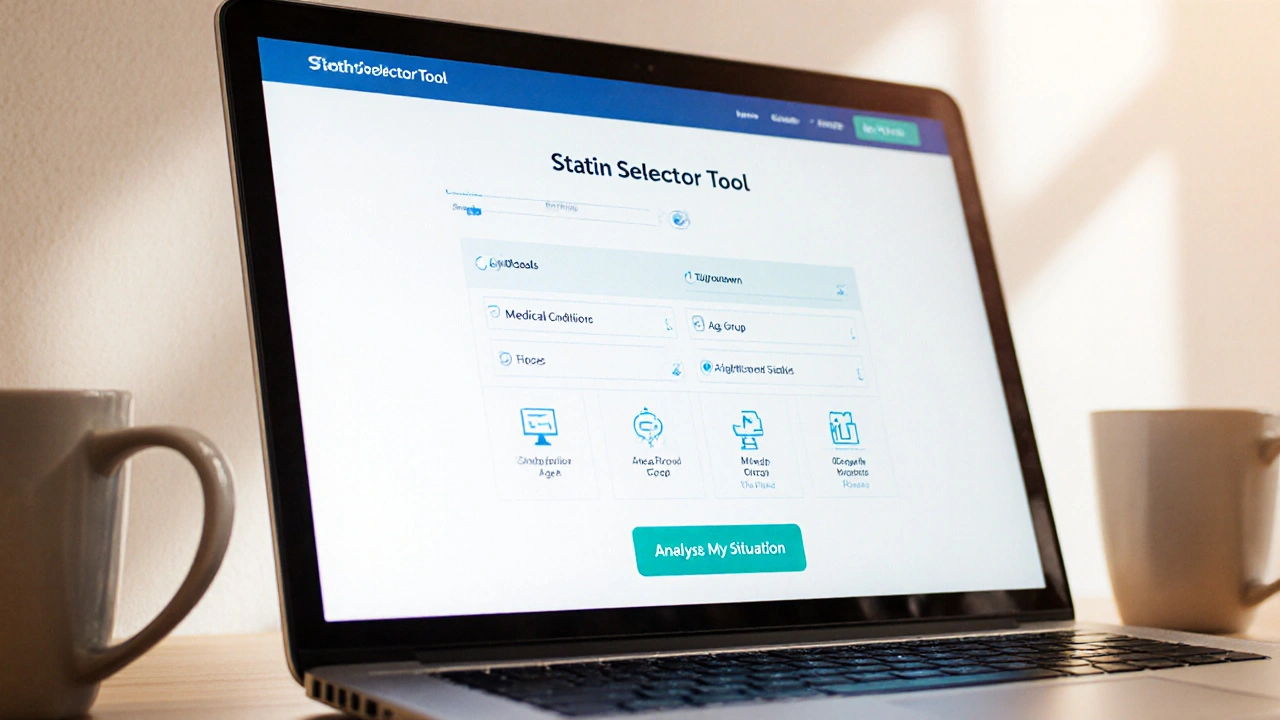Lipid‑Lowering Drugs: Simple Facts and Practical Tips
If you’ve heard doctors mention "lipid‑lowering drugs" and felt a bit lost, you’re not alone. These meds are designed to bring down bad cholesterol and triglycerides, which can clog arteries and raise heart‑disease risk. The good news? Most people can take them safely and see real health benefits.
Common Types of Lipid‑Lowering Medications
The most widely known class is statins. They block a liver enzyme that makes cholesterol, so your blood levels drop quickly. Examples include atorvastatin, rosuvastatin, and simvastatin. If statins don’t work enough, doctors may add ezetimibe, which stops cholesterol from being absorbed in the gut.
For people with high triglycerides, fibrates like fenofibrate or gemfibrozil are useful. They boost the breakdown of fats and raise “good” HDL cholesterol. PCSK9 inhibitors are newer, injectable drugs that dramatically cut LDL levels, especially for patients with genetic high cholesterol.
There are also omega‑3 fatty acid supplements, often prescribed in prescription strength. They lower triglycerides and have a mild effect on overall cholesterol. Bile‑acid sequestrants, such as cholestyramine, bind cholesterol in the intestine and prevent its re‑absorption.
Tips for Using Lipid‑Lowering Drugs Safely
Start by taking the med exactly as your doctor says – usually once a day, with or without food. Some statins are best taken in the evening because the liver makes most cholesterol at night. If you miss a dose, just take it when you remember unless it’s almost time for the next one.
Watch for side effects. Muscle aches are the most common complaint, especially with higher‑dose statins. If the pain feels unusual or you notice dark urine, call your doctor right away. Mild stomach upset can happen with bile‑acid binders, so taking them with plenty of water helps.
Regular blood tests are key. Your doctor will check liver enzymes and cholesterol numbers after a few weeks, then every few months. These tests ensure the drug is working and that you aren’t developing any hidden issues.
Don’t forget lifestyle basics. Even the best drug works better when you eat a balanced diet, stay active, and avoid smoking. Adding more fiber, cutting saturated fats, and aiming for at least 150 minutes of moderate exercise each week can boost the drug’s effect.
Lastly, keep a list of all meds you’re taking, including over‑the‑counter supplements. Some drugs, like certain antibiotics or antifungals, can interact with statins and raise the risk of muscle problems. Sharing your full medication list with your healthcare provider prevents surprises.
In short, lipid‑lowering drugs are powerful tools for protecting your heart, but they work best when paired with simple daily habits and open communication with your doctor. Stick to the prescribed plan, monitor how you feel, and you’ll likely see your cholesterol numbers improve without a hitch.
Rosuvastatin vs Alternatives: Which Statin Is Right for You?
A detailed side‑by‑side comparison of rosuvastatin and other common statins, covering effectiveness, safety, dosing, cost and how to pick the best option for you.
About
Healthcare Information

